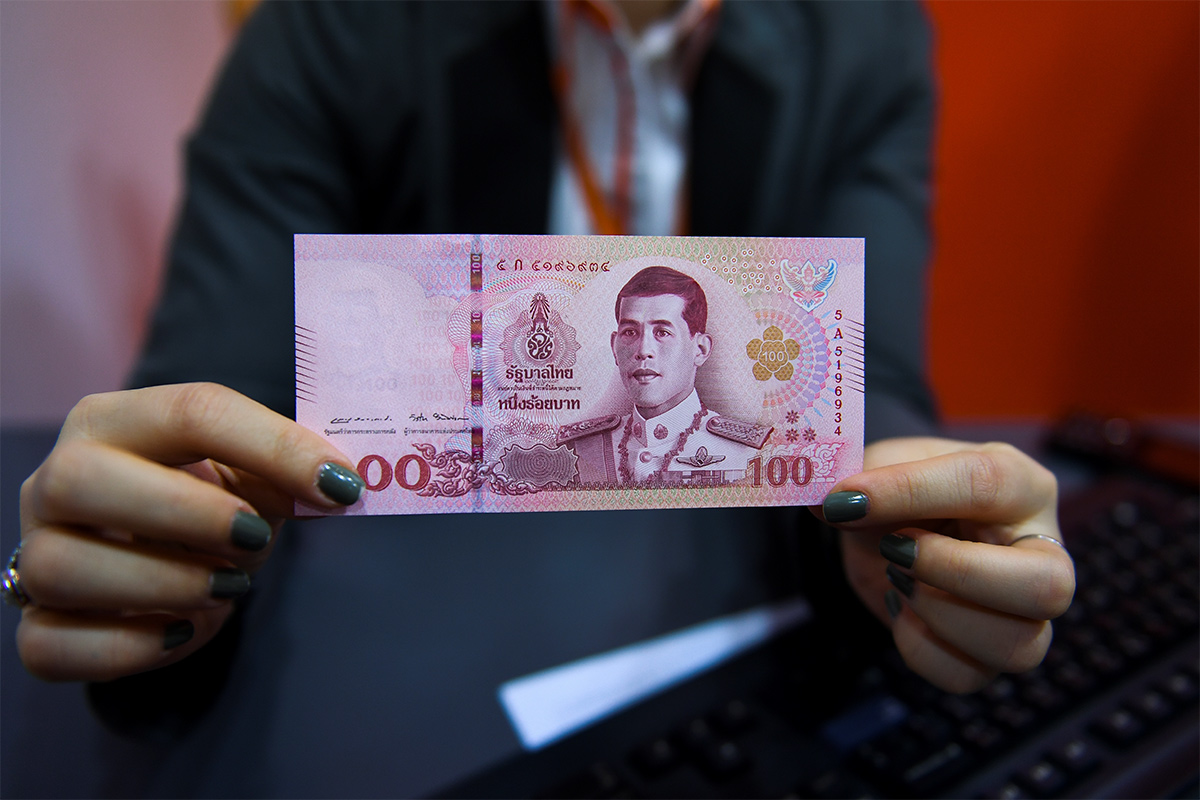Thailand is becoming an oasis of monetary policy stability as other emerging markets scramble to raise interest rates.
The country’s Finance Ministry anticipates that borrowing costs will be left at 1.5 percent this year, said Kulaya Tantitemit, a spokeswoman and an inspector general at the ministry. While an increase is possible in 2019, it won’t be steep, she said.
“It wouldn’t be aggressive,” Kulaya said in an interview Wednesday, referring to a potential tightening next year. “We still have high liquidity in Thailand.”
A wave of monetary tightening has swept across emerging markets as officials try to stem an investor exodus amid a strengthening United States (US) dollar and rising Treasury yields. Thailand, in contrast, has seen its currency appreciate in 2018 and received some of the heaviest net bond inflows in Asia this month.
Its resilience can be traced to strong buffers: more than US$200 billion of foreign reserves and a current-account surplus that few peers can match. That gives policy makers breathing room, with the central bank last month saying it doesn’t feel pressure to join global tightening.
Bank of Thailand Governor Veerathai Santiprabhob said Tuesday the nation has to keep an eye on global interest rates, including in the US, but that a strong external position provides a policy buffer.
The majority of economists surveyed in May and June predict no rate increase this year. In fact, some directors at the International Monetary Fund (IMF) even see the need for monetary easing to steer inflation back to target.
The Finance Ministry forecasts average inflation of 1.4 percent this year, compared to the central bank’s target range of one percent to four percent.
Stronger growth
Southeast Asia’s second-largest economy is expanding robustly on exports and tourism, and the Finance Ministry is set to revise up its growth outlook to 4.5 percent for 2018 from the current 4.2 percent, Kulaya said. The pace next year should be about the same as the pending revision.
“Economic growth is healthy,” said Kulaya, the former director of the macroeconomic policy bureau in the Finance Ministry.
“Our challenge is people don’t feel it. People in rural areas, in the agricultural sector, don’t see the economy getting better. Our job is, how will we bring money down to other sectors?”
Thailand’s military government this year approved a 150 billion baht (US$4.8 billion) supplementary budget to help fund programs to reduce poverty and raised the minimum wage nationwide for the first time in five years.
One challenge for the economy could stem from general elections expected in February next year, in a country with a history of votes followed by coups. The current stretch of military rule is one of the longest in Thailand’s history since the 1970s. – Bloomberg
